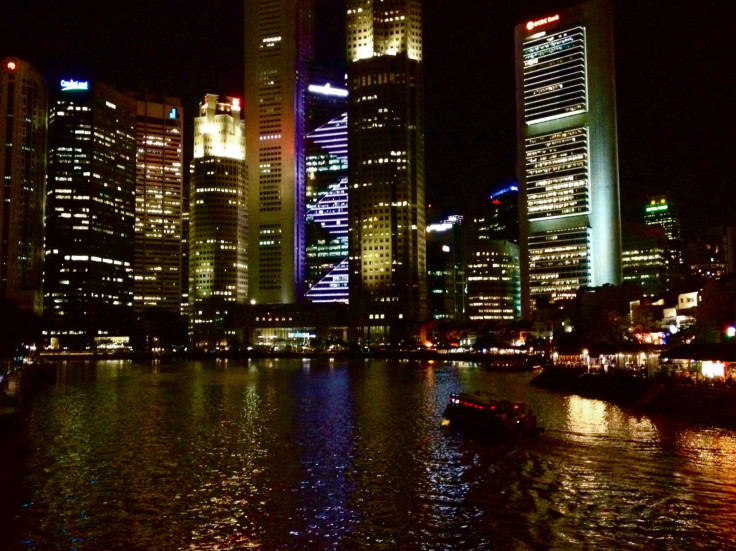White Collar Crime: Singapore Confiscates Record Amount Of Criminal Cash

Singapore reported a record number of money laundering cases last year and seized more than $92 million in suspected criminal proceeds as an increasing number of foreign criminals sought bank accounts there, according to an annual report from the city-state’s Commerce Affairs Department (CAD).
“Singapore’s openness as an international transport hub and financial center exposes it to cross-border money laundering and terrorist financing risks,” Tan Boon Gin, director of the department, said in a statement. “We are seeing a trend of overseas criminals seeking to launder money through Singapore bank accounts.”
The International Monetary Fund ranks Singapore as one of the top 25 most important financial hubs in the world for its international reach, volume of transactions and growing size. Officials there say that as Singapore’s financial industry expands, the criminals seeking bank accounts there are getting more sophisticated.
The agency received 22,417 suspicious transactions reports in 2013, 25 percent more than a year ago, and it shared financial intelligence with foreign agencies in 341 cases, up from 160 in 2012, according to the report. The white-collar police also received 164 requests for assistance from overseas. In 2013, the agency seized $51 million in suspected criminal proceeds.
The island country has tripled its its white-collar police unit's financial investigation resources to investigate the increase in suspicious transaction reports and fulfill aid requests from foreign agencies trying to curb organized crime groups, the agency said.
Singapore is cracking down on money laundering after U.S. authorities investigated several Swiss banks for their handling of accounts on behalf of American clients.
“CAD’s goal must be to make Singapore inhospitable to fraudsters, cheaters, scammers and launderers,” CAD Police Commissioner Ng Joo Hee said in a statement. “There has to be no hiding place for those of that ilk, and their apprehension and prosecution must be a near certainty.”
© Copyright IBTimes 2024. All rights reserved.












